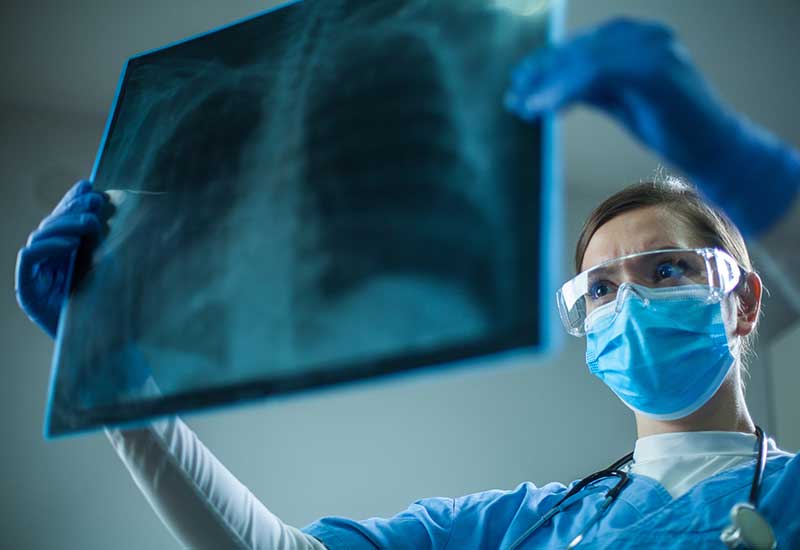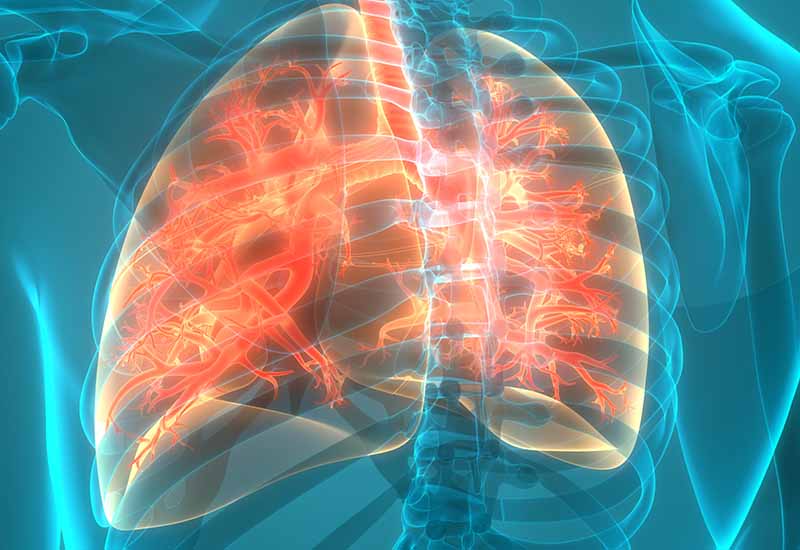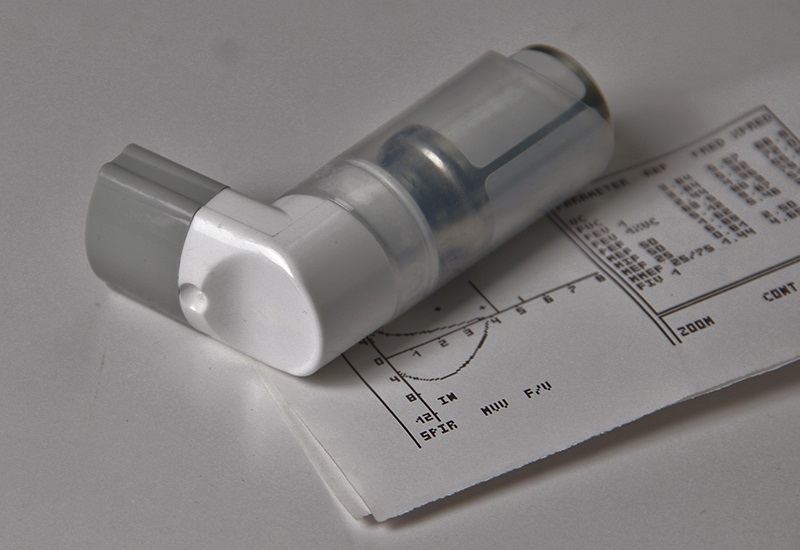Pneumonia & Other Lung Infections Research

THE PREVALENCE AND IMPACT OF LUNG INFECTION
Lung infections are the number one cause of transmissible death worldwide. In fact, overall, lung infections (such as pneumonia) are the third cause of death globally. Pneumonia is the most prevalent lung infection and is due to bacterial, fungal, parasitic or viral invasion in the airways. Lung infections affect all age groups and are the number one cause of death in the young, elderly and chronically ill. For example, patients in intensive care routinely contract pneumonia, which severely reduces their prognosis for survival.
Depending on the severity, treatment of lung infections is commonly achieved via oral tablets or intravenous antibiotics. Inhaled antibiotics would provide a better means of managing the disease, however there are virtually no products licensed for routine use. This is mainly due to the challenges of delivering these drugs to the lung.
WHAT WOOLCOCK RESEARCHERS ARE DOING TO RESEARCH AND TREAT LUNG INFECTION
One of the greatest challenges in treating lung infections is the delivery of antibiotics to the lung. The particles need to be very small (in the order of microns) and need to be delivered in relatively high doses compared to asthma ‘puffers’.
Our team are developing advanced medical devices that deliver antibiotics to the site of action. For example, we have been working with the local pharmaceutical sector to develop easy-to-use, disposable inhalers that can be used at home.
Our advances in particle science has resulted in new technologies capable of delivering multiple antibiotics in a single breath for the treatment of infections that are resistant to current therapies (such as MRSA). We are working in the clinic to understand how patients use their antibiotics so that we can advise on how they use these alongside other medicines.
We are working on ways in which we can treat patients in intensive care and developing technologies that can stop hospital-related infection. These advances will significantly reduce the burden on the healthcare system.

















